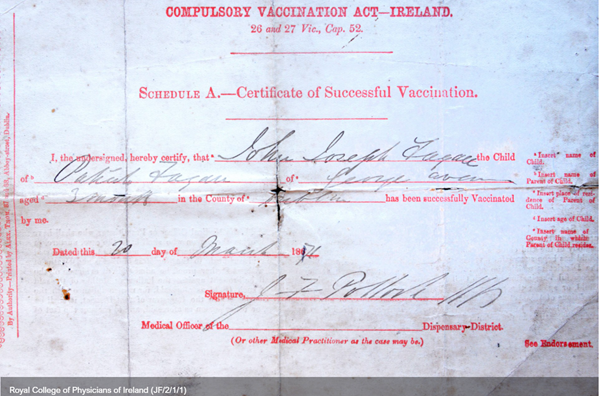There has very understandably been a particular focus on Dublin over the past few days.
However, most other counties are also seeing increasing numbers of cases of #COVID19. Three in particular are already high and continuing to rise fast; 1/n
However, most other counties are also seeing increasing numbers of cases of #COVID19. Three in particular are already high and continuing to rise fast; 1/n
Louth
14 day incidence 53/100,000 last Sunday; 102/100,000 this evening
131 cases in last fortnight
Donegal
26/100,000 last Sunday; 84/100,000 this evening
133 cases in last fortnight
Waterford
55/100,000 last Sunday; 89/100,000 this evening
103 cases in last fortnight
14 day incidence 53/100,000 last Sunday; 102/100,000 this evening
131 cases in last fortnight
Donegal
26/100,000 last Sunday; 84/100,000 this evening
133 cases in last fortnight
Waterford
55/100,000 last Sunday; 89/100,000 this evening
103 cases in last fortnight
It is vital that people in all counties, but in these in particular, do all they can to break chains of transmission over the next 7 days. We are not powerless in dictating the course of this disease;
1. Wash your hands regularly
2. Take a step back and keep your distance
1. Wash your hands regularly
2. Take a step back and keep your distance
3. Assume you or those you meet may be infectious and act accordingly
4. Wear a face covering
5. Avoid crowds
6. Download the Covidtracker app
7. Do not go to work if you have any concerning symptoms - isolate and phone your GP
8. Encourage one another
4. Wear a face covering
5. Avoid crowds
6. Download the Covidtracker app
7. Do not go to work if you have any concerning symptoms - isolate and phone your GP
8. Encourage one another
There is one additional ask this Sunday evening for everyone (regardless of where you live) - try to meet half as many people this week as you did last week. Thank you #holdfirm #COVID19
• • •
Missing some Tweet in this thread? You can try to
force a refresh






